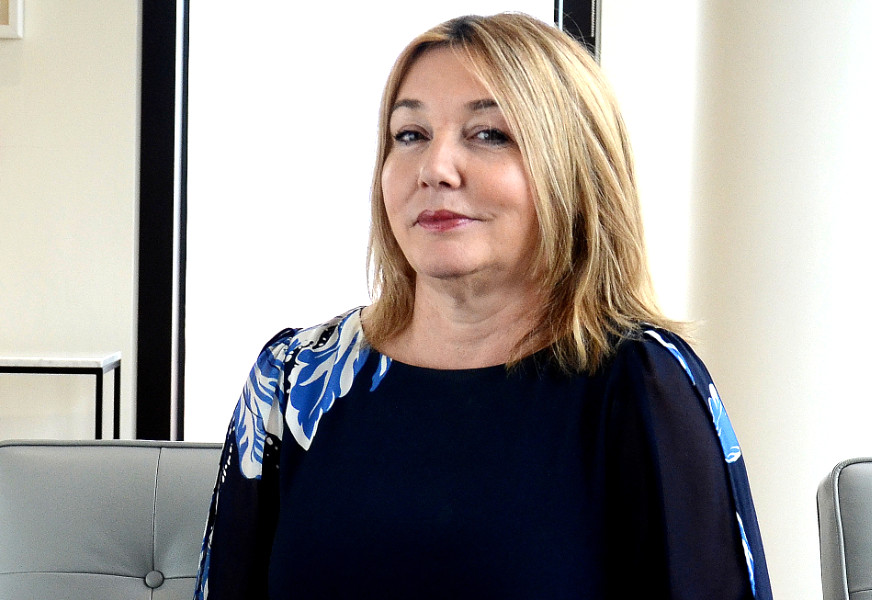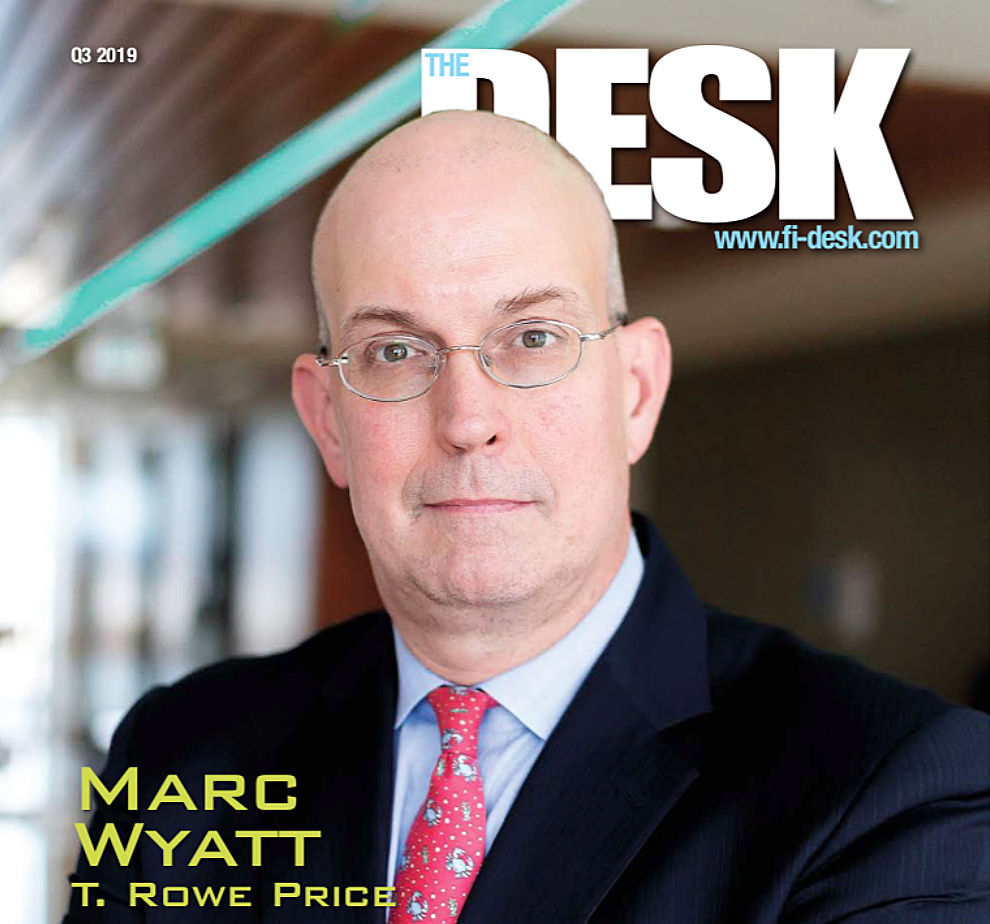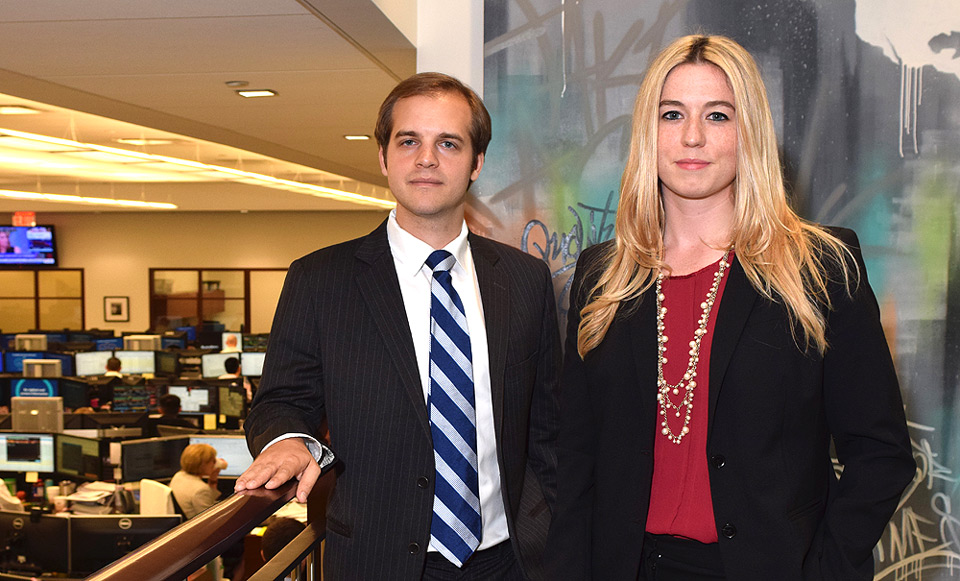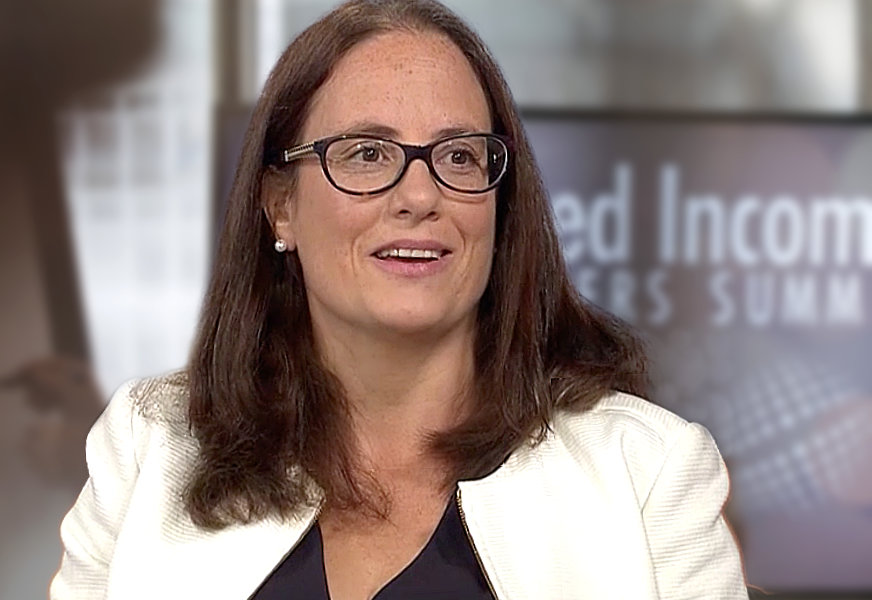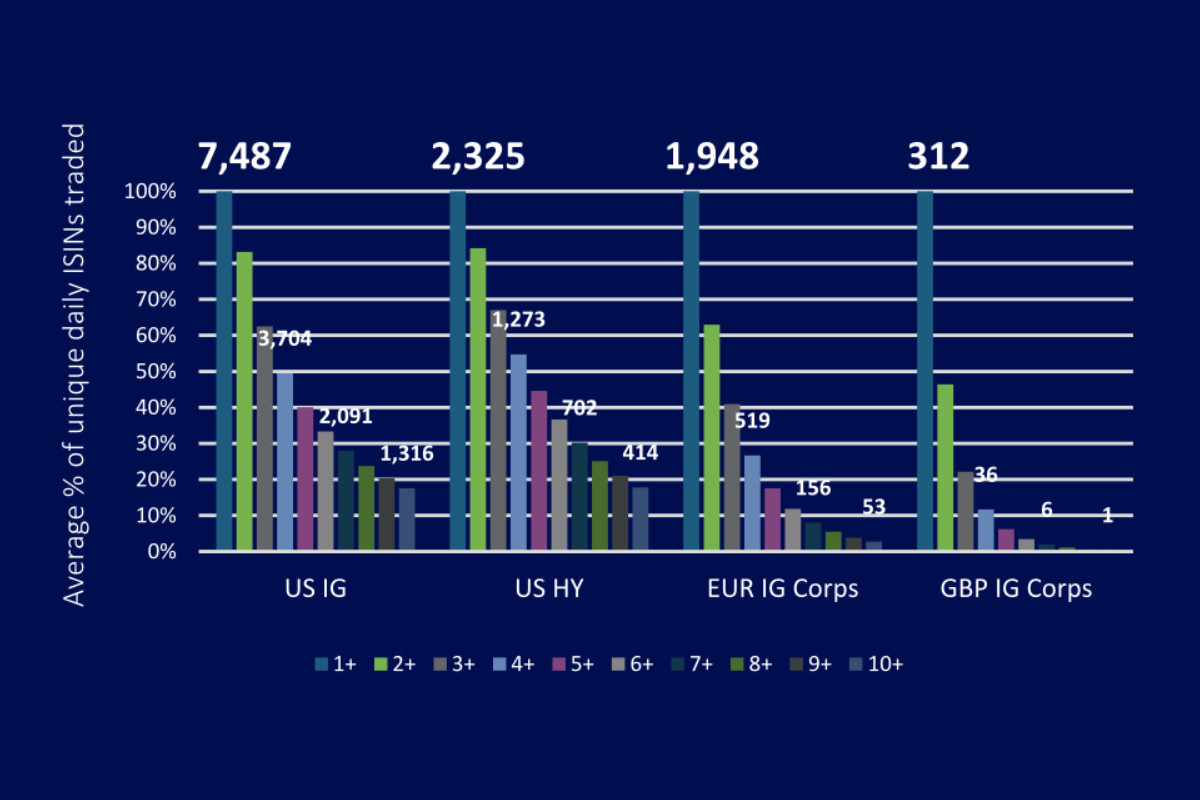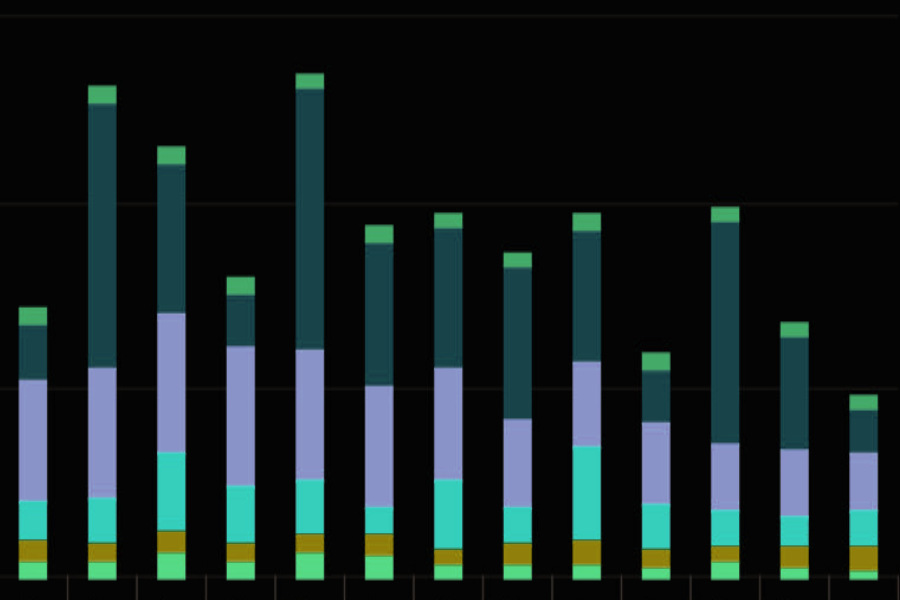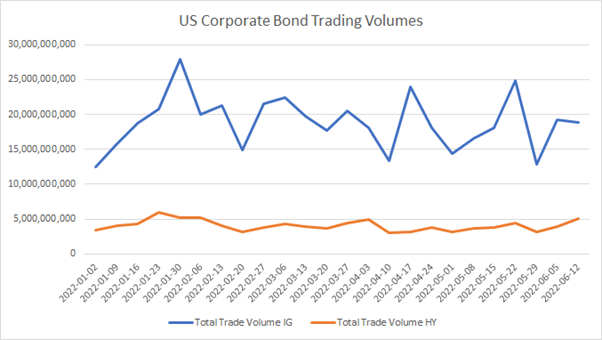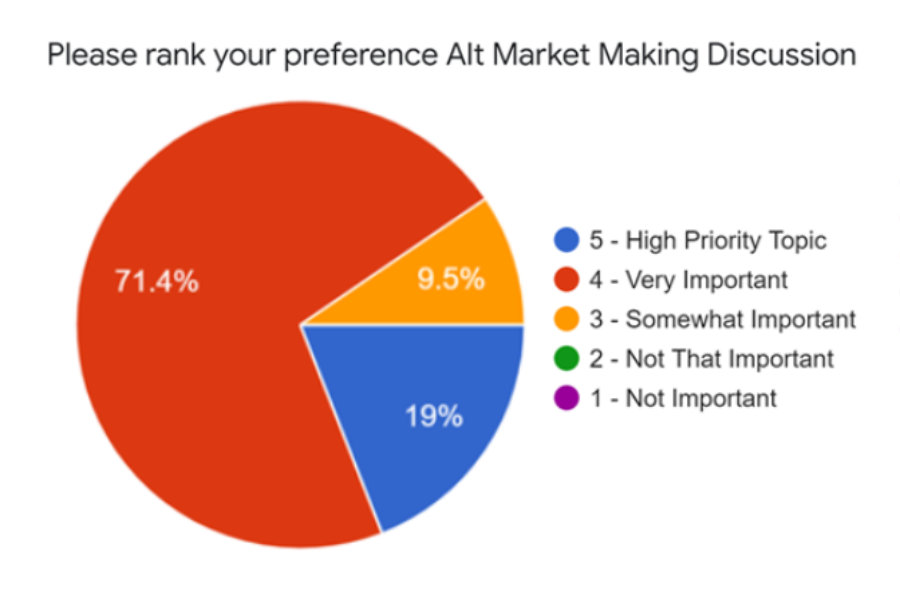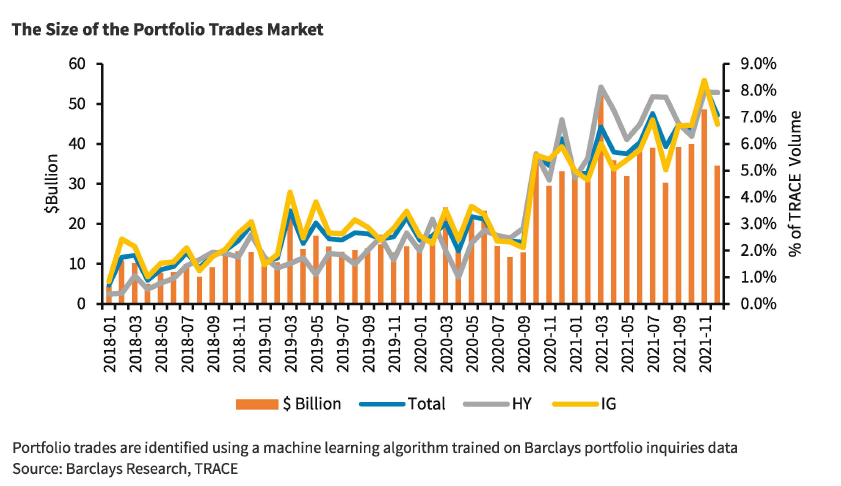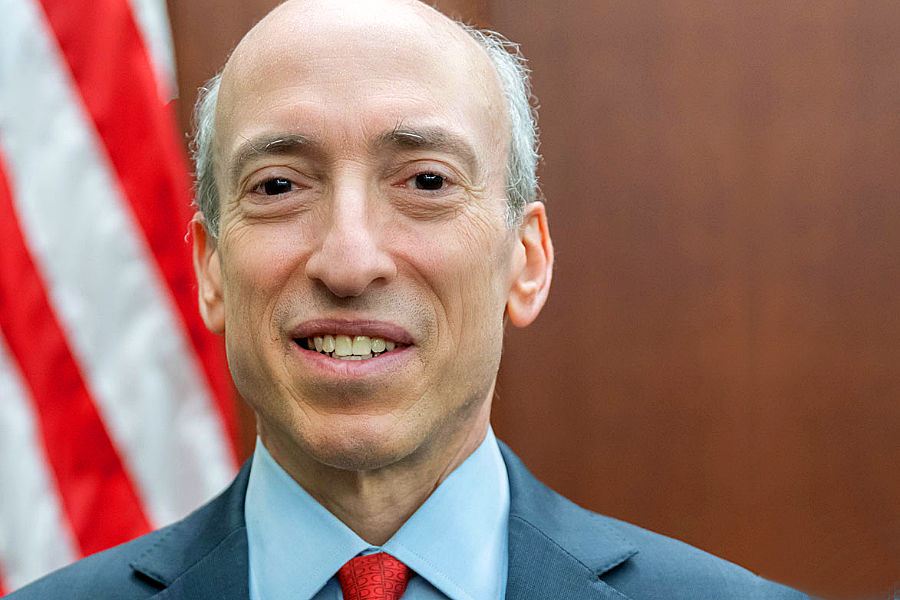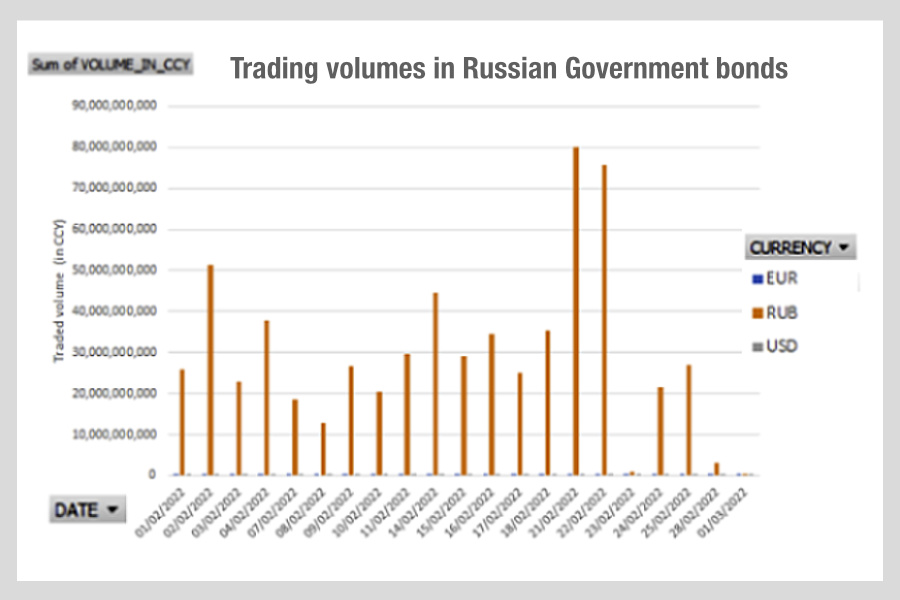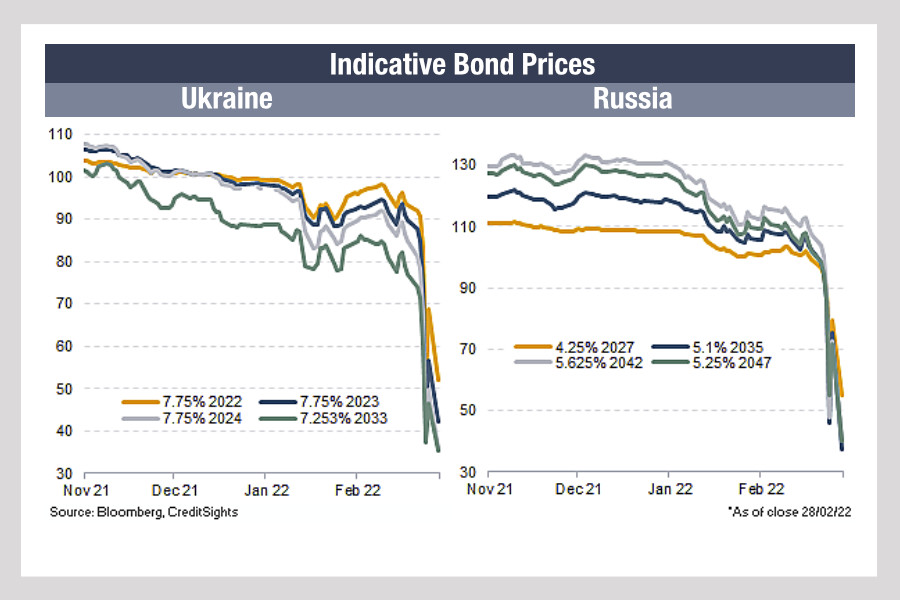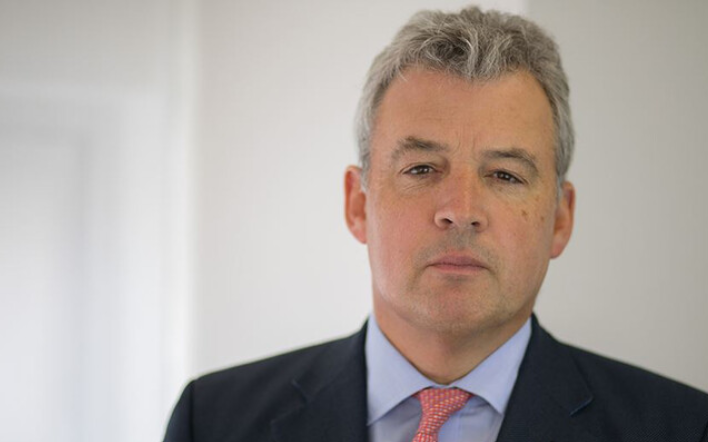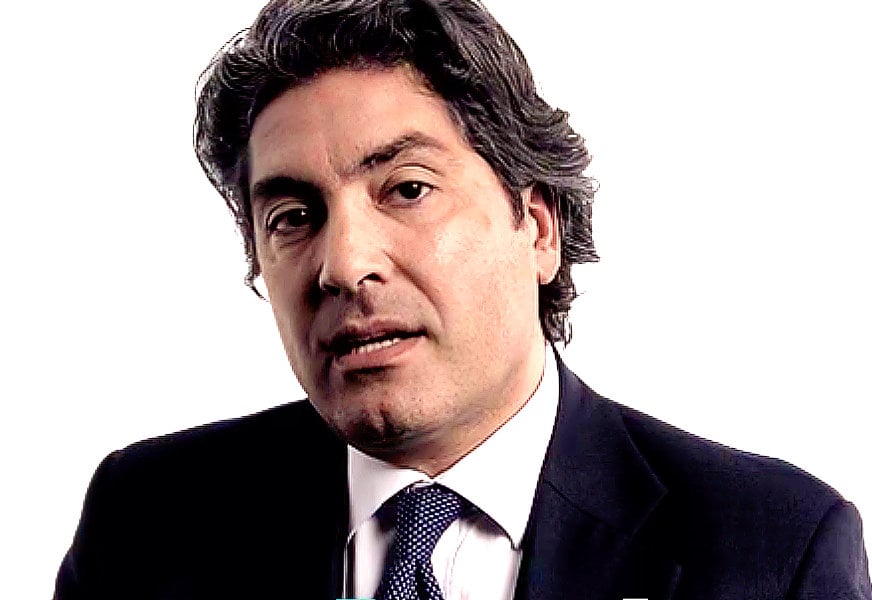By Pia Hecher.
Global Asset Management (GAM) fund boards suspended all subscriptions and redemptions in its unconstrained/absolute return bond funds (ARBF) on 31 July 2018. On that day, impacted funds included CHF7.3 billion in assets under management. By Monday 6 August 2018 GAM shares were trading at CHF8.94, down from CHF11.48 on 30 July 2018.
After an internal investigation of risk management procedures and record keeping led to the suspension of Tim Haywood, business unit head for ARBF strategy, a high number of redemption requests were made. GAM told the Financial Times that requests were at “more than 10 %” at the time.
Chairman Hugh Scott-Barrett said in a statement, “We have absolute confidence in the strength of GAM as a diversified asset manager and the ability of its investment teams to deliver returns to clients.”
GAM claims ARBF funds have the necessary liquidity to serve requests. It has frozen ARBF subscriptions and redemptions to safeguard interests of remaining investors. It argues this measure will help to avoid excessive shifts in portfolio composition.
Fund boards are currently looking at a number of future measures, including fund liquidations, with the aim of optimizing liquidity and value for clients, GAM says. Until the situation is resolved, GAM will waive management fees to funds that go into liquidation or remain suspended.
Investment directors Jack Flaherty and Alex McKnight are now managing ARBF and associated portfolios. On 30 June 2018, total assets in the ARBF portfolio were CHF11.0 billion, with around CHF6.2 billion of these assets eligible for performance fees.
Difficulties with bond fund redemptions are not unprecedented. In 2015, Third Avenue’s Focused Credit Fund collapsed, one-fifth of which was composed of illiquid assets. Following grave losses in the junk bond sector, after which investors were unable to withdraw their money, the fund had to be liquidated.
The event led to an investigation by US regulator the Securities and Exchange Commission (SEC) into mutual fund management of liquidity risks. To ensure future marketplace stability, SEC recently imposed rule regarding mutual funds and exchange-traded funds to determine their portfolio liquidity and review liquidity risks frequently.
©TheDESK 2017







